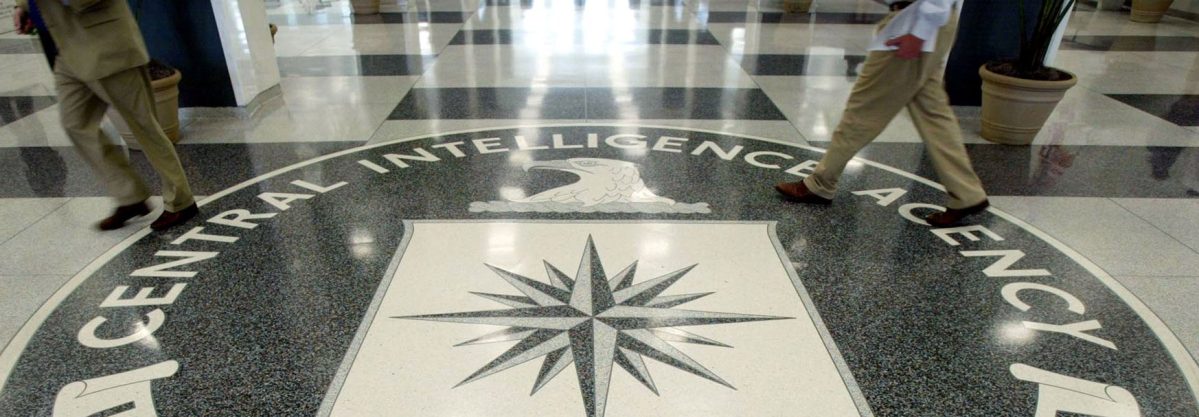A Defense Intelligence Agency analyst recently wrote that the American intelligence community is inundated with analysts describing themselves as “subject matter experts” whose occasional lack of “humility” can cloud their judgment on critical issues — an argument disputed by two former CIA analysts, at least as far as their old agency is concerned.
In “A Call for More Humility in Intelligence Analysis,” written by current DIA analyst John Mohr and published in the CIA’s unclassified Studies in Intelligence journal, Mohr makes the case that the nature of intelligence gathering and analysis, and the pressure to be the smartest person in the room when it comes to a particular topic, makes it difficult for the community to make an honest assessment of its own expertise day-to-day.
“In my 13 years in the IC [intelligence community], I can think of a handful of analysts I would consider true experts,” Mohr writes.
Mohr says within government the term “subject matter expert” (SME) is too often employed to puff up the importance of the individual analyst or the agency for whom the official works.
“[I]ntelligence analysts [are] staking their reputations on their specialized knowledge, in addition to solid tradecraft and polished communication skills,” Mohr writes. “No analyst would want to be introduced [in a meeting] as a novice on North Korea, and no manager would want to turn away a tasking because the office lacks expertise, but the IC needs to guard against applying the SME title too broadly and consider what really constitutes an expert.”
A dangerous side effect of this phenomenon, Mohr says, is that the “experts” can become too wedded to their own analysis.
“The pressures analysts face to answer salvos of policymaker demands may contribute to arrogance among analysts,” Mohr writes. “Sometimes… analysts become entrenched in their views and become unwilling to hear alternative views.”
Two former CIA intelligence analysts, however, told RealClearLife that at least when it comes to the CIA — one of 17 organizations in the wider intelligence community — they disagree with Mohr’s assessment about a lack of humility. They said caution and caveats are baked into nearly everything the spy agency’s analysts do by design.
“Most intelligence analysts at the CIA spend a lot of time thinking about how they might be wrong. The history and pathology of intelligence failures and surprises are drilled into them soon after they start their formal analytic training,” Dennis Gleeson, a former director of strategy in the CIA’s Directorate of Analysis, wrote in an email. “The language of analysis — collection gaps, uncertainties, variables, scenarios and signposts — all speak to the limitations of analysis.”
As far as being introduced in meetings, Gleeson said in his experience there was no stigma associated with being a newcomer to a particular subject, and often the non-expert’s opinion can be of value because they can “authentically challenge” long-held assumptions.
Nada Bakos, a longtime former CIA analyst, said that the process of producing finished intelligence products at the CIA requires coordination with peers and management, almost assuredly resulting in the inclusion of dissent or disagreements. Bakos said she thought Mohr was conflating “humility” with the “proper” implementation of “intelligence analysis tradecraft,” at least as the CIA does it.
Gleeson, whose late focus in the CIA was on analytic modernization and transformation, said he never knew an analyst “who felt that they had perfect insight into the issues they followed” — and that was a good thing.
“Analysis is an art, not a science,” he said. “You rarely hear an analyst speak in absolutes. They live in a world comprised entirely of shades of gray. If that doesn’t require a certain degree of humility, I don’t know what does.”
This article was featured in the InsideHook newsletter. Sign up now.






















